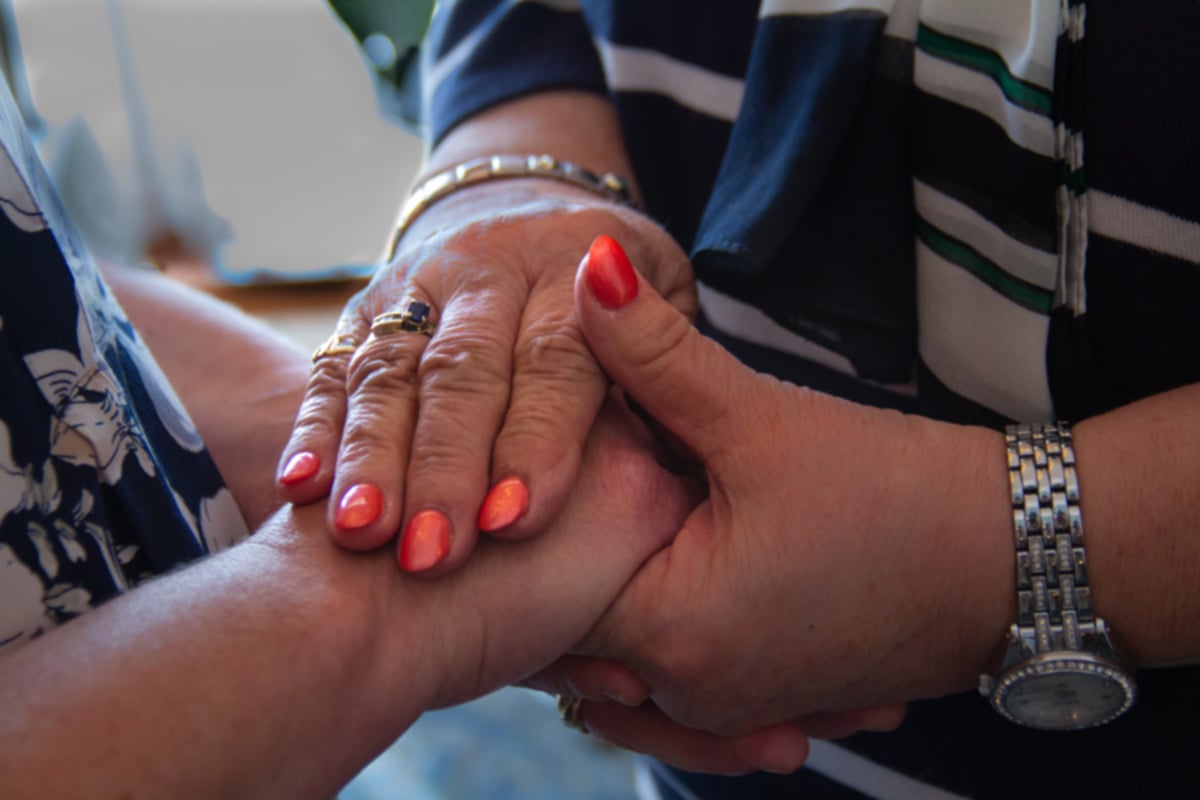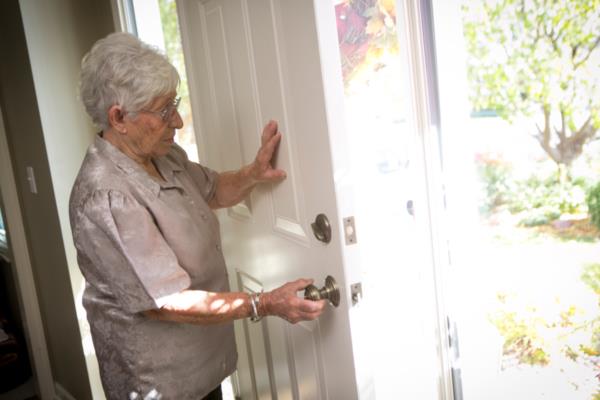On a cold, snowy winter day, a bowl of soup sounds good.
“What’s the soup of the day?” you ask the waitress at your favourite restaurant. A few minutes later you are enjoying a steaming cup of clam chowder.
“Soup” is a general term for a category of food. Soup comes in dozens of flavors, like chicken noodle, tomato, clam chowder, or mushroom. Every can of mushroom or tomato soup is soup—but not every can of soup is mushroom or tomato.
This simple example, first used by Canadian dementia expert Carol Bowlby Sifton, is an elegant way to describe the differences between dementia and Alzheimer’s disease.
Like “soup,” the word “dementia” is an umbrella term for anything that can cause issues with brain functioning such as memory loss and changes in thinking abilities. While Alzheimer’s disease is the most common form of dementia in older persons, there are many varieties of dementia, including Lewy Body dementia, vascular dementia, or frontal lobe dementia.
Families Often Struggle to Understand What Doctors Mean by Dementia
That’s why it’s important to ask the doctor what type of dementia is being diagnosed. David Troxel, a noted dementia expert who worked with Home Instead to develop its Alzheimer’s and Other Dementias Training Program, emphasizes that the doctor should be able to tell you the specific diagnosis and the reason for that diagnosis, just like the waitress should be able to tell you the soup of the day and how that is different from other soups.
“It’s important to know the type of dementia being diagnosed,” Troxel said, “because different dementias have different characteristics, and family members need to know what to expect.” Persons with frontal lobe dementia, for example, often undergo profound personality changes and can get very disinhibited and agitated. People living with Lewy Body dementia may have profound visual hallucinations, including talking to little people in the room or seeing animals that are not really present. “It can be very helpful and reassuring for families to know that a particular behaviour is part of the disease process, not just ‘bad behaviour’,” Troxel noted.
In addition, different dementias may call for different medicines. Individuals living with pure frontal lobe dementia often don’t do well on the typical memory medications like Aricept, Exelon & Razadyne, but they may respond to an anti-depressant. Persons living with Lewy Body dementia seem to be very sensitive to mood-altering medications like anti-psychotics. In fact, an old nursing phrase says, “start low and go slow” when giving psychotropic medications to a person living with Lewy Body dementia.
Finally, when the physician gives you a specific diagnosis it’s a sign that you’ve seen a medical provider who understands the contemporary best practices surrounding diagnosis. You can feel that you and your family member are in good hands.
Likewise, other professionals you may work with to care for your family member, such as professional in-home caregivers, should be trained to understand the distinctions between various dementias. Home Instead Gerontologist and Caregiver Advocation Dr. Lakelyn Hogan, says “Home Instead CAREGivers are trained to understand the differences between Alzheimer’s disease and other forms of dementia. We want our clients’ families to know that we are here for them no matter which dementia diagnosis they face.”
Family caregivers can form a care team with the individual’s doctors, pharmacists, and other care providers focused on providing the best possible care and that focus needs to include an accurate understanding of the diagnosis, its symptoms, and its possible treatments. “Until we find a cure, the best approach to any of these dementias is engagement, activities, communication and loving care,” says Hogan.
Person-Centered Dementia Care
Home Instead Care Professionals are trained using a one-of-a-kind protocol for Alzheimer’s and other dementias. Our person-centered approach honors your loved one and preserves their dignity.




